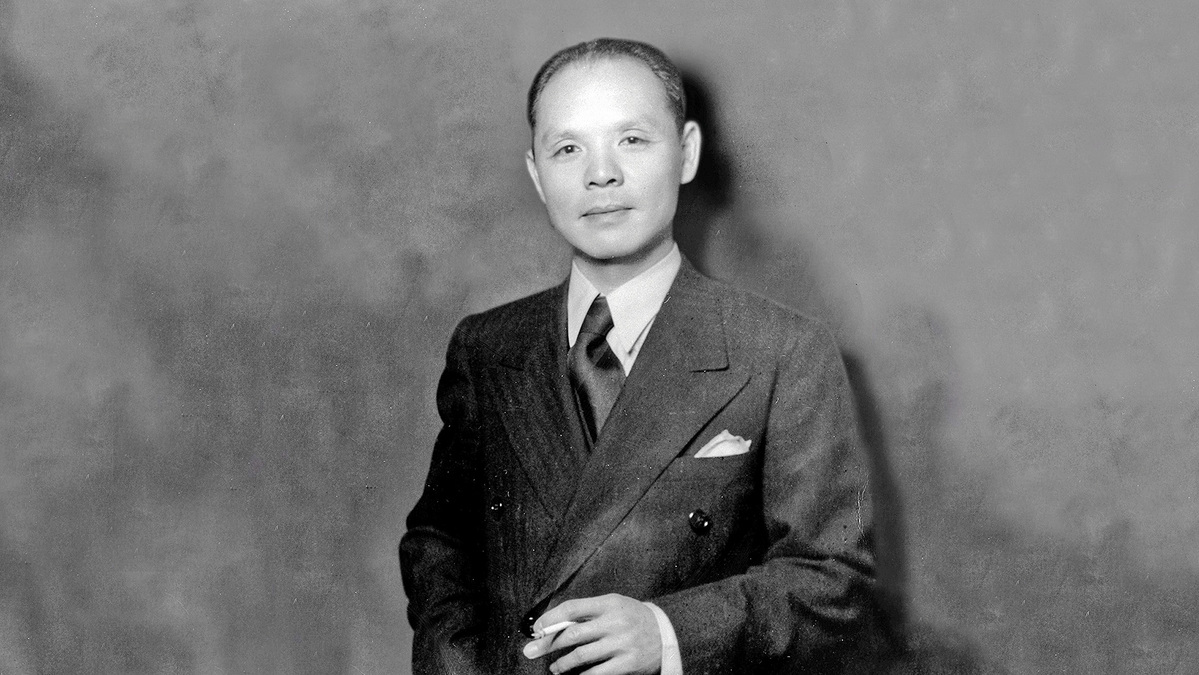Diplomat who saved thousands is honored


Jewish families given visas needed to escape Holocaust, find safety in China
On Thursday, a square in Milan’s Chinatown became the first location in Italy to be dedicated in honor of a Chinese person, as Piazzetta Ho Feng Shan was named for the remarkable achievements of a 1930s diplomat.
Ho Feng Shan was the Chinese consul general in Vienna from 1938 to 1940, a time when the Nazi authorities would only allow Jews to leave if they had a visa to another country.
Consulates were flooded with applications from Jews desperate to escape the Holocaust, but while many countries were unwilling to accept more refugees, Ho saved thousands of lives by issuing visas to Shanghai, allowing Austrian Jews safe passage to China, away from the horrors of Europe.
Some applications were even stuffed into his car — but were treated and granted just the same as those by more conventional means.
Even when he was in the process of returning to China in 1940, Ho kept up his work — delivering the priceless signed papers to Jewish refugees standing on railway station platforms.
Born in 1901, Ho obtained his PhD from the University of Munich in 1932, and spent nearly 40 years in the diplomatic service before retiring to San Francisco.
He died in 1997, and, in accordance with his wishes, was later buried in his beloved hometown of Yiyang in China’s Hunan province.
During his lifetime, he rarely spoke about his work with refugees. Even in his 700-page memoir Forty Years of My Diplomatic Life, published in 1990, he gave it just the briefest mention.
“Since the Anschluss (when Nazi Germany took over control of Austria), the persecution of Jews by Hitler’s ‘devils’ became increasingly fierce,” he wrote. “I spared no effort in using every means to help, thus saving who knows how many Jews!”
It was only after his death that his daughter, journalist Ho Manli, began to investigate her father’s past and also the stories of the survivors he helped, a process during which she scoured archives in Washington, Vienna, and Israel.
Her inquiries began when she received a telephone call from the curator of a touring photographic exhibit on diplomatic rescuers of Jews. Almost immediately, she started uncovering the stories of many survivors, such as Eric Goldstaub, who applied to 50 consulates without any success before Ho came to his rescue, granting 20 visas for his entire family.
Goldstaub took refuge in Shanghai from 1939 to 1948, and never forgot Ho’s assistance. After the war, his story was recorded in the US Holocaust Memorial Museum archives.
His cousin Harry Fiedler still possesses one of the visas issued by Ho, serial number 1193, issued on July 20, 1938, four months after the Anschluss. This was Ho Manli’s first indication of the volume of visas her father had helped issue.
































